Blood in Sperm: Top 10 Frequently Asked Questions
Do you keep seeing blood in sperm after ejaculating? Also known as haematospermia, this condition commonly occurs in men between 30 and 40 years of age. Get to know the 10 frequently asked questions you should know about this alarming sign.
10. Is it a serious health problem?
The presence of blood is truly alarming but it’s commonly not a sign of serious medical issue. Most men who got haematospermia lived on even without undergoing any treatment. However, almost 90% experienced repeated cases. Seeking medical attention or checkup is the best step to do after noticing blood in your semen.
9. There’s blood… what should I do first?
The first thing you should do is to seek medical consultation. Don’t forget to take note the amount of blood and the last time it happened. Try to remember how many times it occurred and if there are other symptoms (e.g. pain) present. These will help your doctor identify the primary cause of haematospermia.
8. Is it a sign of Sexually Transmitted Infection (STI)?
STIs do not manifest through a blood in the semen. Early signs of STD are rashes, fatigue, headache and fever. Most STDs–although there’s a less chance–do not directly cause blood in the semen.
7. How would I know if it is blood?
Aside from a red tinge, semen may also come in light or dark brown color due to blood. It’s also possible for the semen to turn into orange or yellow when mixed with blood. Consider yourself suffering from haematospermia once you noticed a color change in your semen.
6. I have haematospermia. What caused this?
The most common cause of haematospermia is Urinary Tract Infection (UTI). Other possible causes include prostate hypertrophy, prostatitis, prostate or testicle trauma and prostate cancer. Surgical procedures like catheterization and biopsy can also cause blood presence in the semen.
5. Are there other types of haematospermia?
Blood in sperm varies into 2 categories: primary and secondary. Primary refers to blood presence with no other symptoms (e.g. blood in semen only) while secondary refers to blood presence with additional symptoms (e.g. blood in both semen and urine). Physical checkups usually don’t find initial causes for a primary case. But secondary cases often lead to diseases like prostate cancer, infections, and other blood-clotting ailments.
4. Can I easily notice secondary haematospermia?
Men with secondary haematospermia usually feel pain when ejaculating and urinating. The most common sign is the blood in both urine and semen. There’s also swelling in both groin and scrotum areas. They also feel lower back ache once in a while.
3. I had a previous accident and there’s now blood in my sperm. Is it natural?
The most common injury which causes haematospermia is car accident and similar events. These may damage your reproductive system, leading to a presence of blood during ejaculation. Rough sex can also cause blood in semen.
2. I found blood in my urine and semen. How do I confirm it?
Seeking medical attention from the urologist is the best option. You need to undergo ultrasound or x-ray to determine the current status of your urinary tract system.
1. Are there treatments available?
Primary cases are treated as minor injuries, allowing you to recover with rest and proper medication. Secondary cases however, require immediate medical examination.
Major internal injuries and blockages need surgeries while infections are treatable with antibiotics. In case of prostate cancer and tumors (quite rare), you need to go for chemotherapy or radiation.
Like what we’ve said, presence of blood in your semen is not quite alarming. But, you must take blood in both urine and semen seriously. If you have further questions, suggestions, and tips about haematospermia, feel free to post them below.



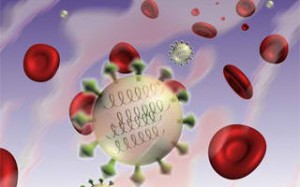
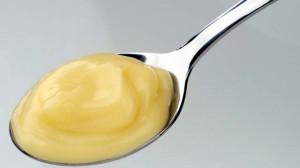

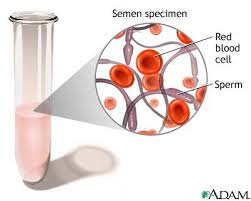

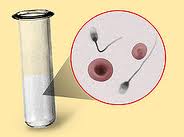
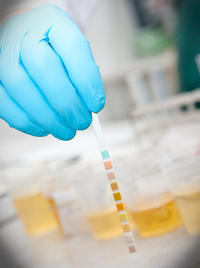













Submit a Comment